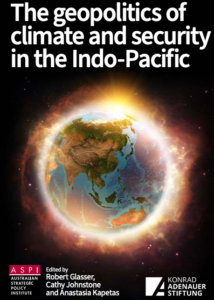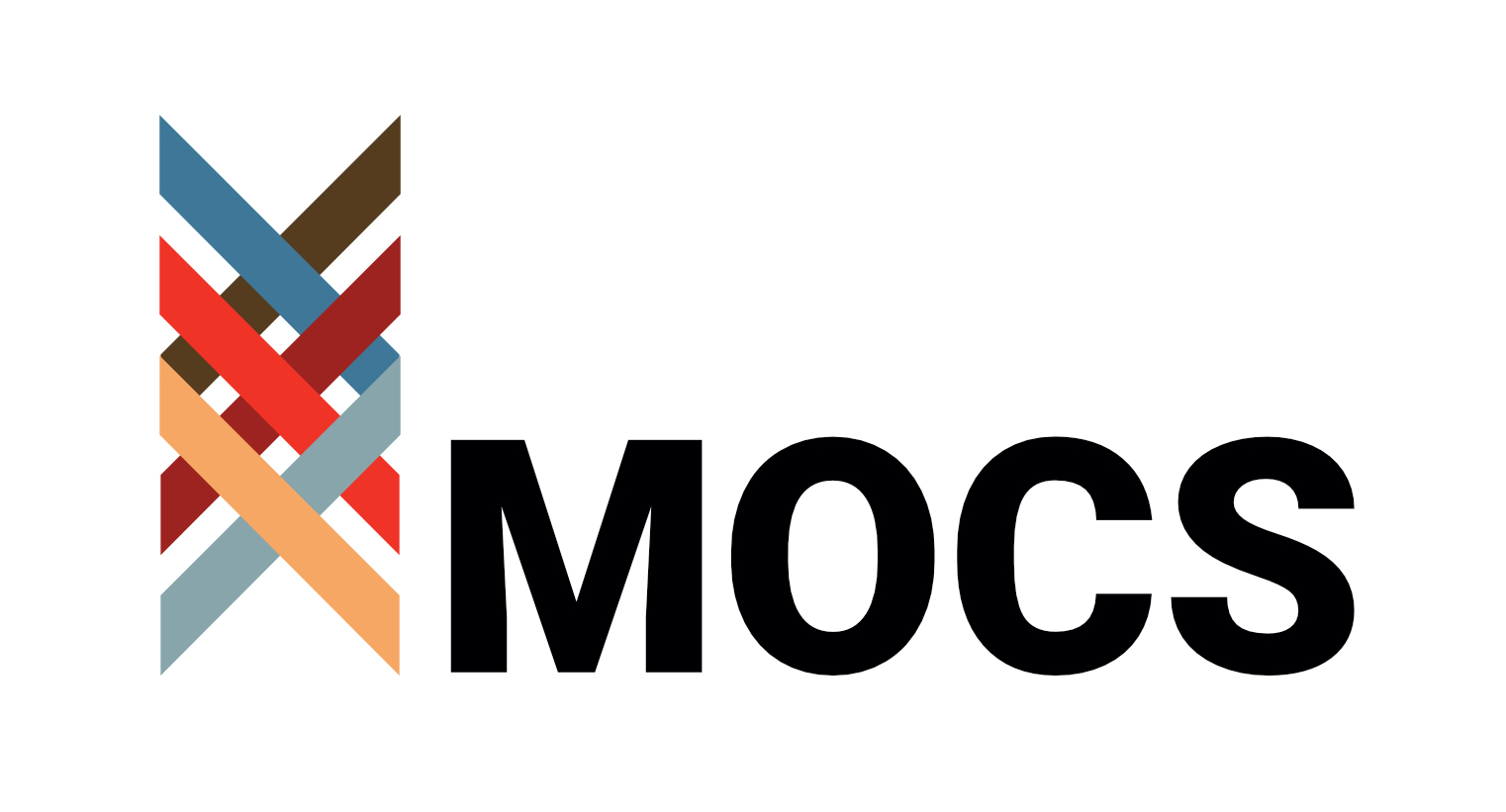RESEARCH THEMES AND PUBLICATIONS
The following are some major themes that span the research of MOCS members:
Featured Works
At MOCS we support a wide variety of works in this space. Our community contributes fantastic efforts to progressing knowledge in the field – here are some featured works providing insight into this space. Contact us to share your research with our community.


(2022). Digital disinformation. In Glasser, R., Johnstone, C. & Kapetas, A. (Eds.), The geopolitics of climate and security in the Indo-Pacific (pp. 84–90). Australian Strategic Policy Institute.
Dr Timothy Graham is an Associate Professor in Digital Media at the Queensland University of Queensland (QUT). His research combines computational methods with social theory to study online networks and platforms, with a particular interest in online bots and trolls, disinformation, and online ratings and rankings devices. He develops open source software tools for social media data analysis, and has published in journals such as Information, Communication & Society, Information Polity, Big Data & Society, and Social Media + Society.
In 2021, Tim was announced as an ARC Discovery Early Career Researcher Award recipient and was awarded funding for his project, Combating Coordinated Inauthentic Behaviour on Social Media.
Australian military and security contexts
Black, M. and Dortmans, P. (2022) ‘Not so quiet on the Southern Front’ The Interpreter, 18 February.
Gender and family dynamics in Defence
Military abuse, scandal and ethics
Crompvoets, S. (2021) Blood Lust, Trust & Blame. Melbourne: Monash University Press.
Military identity and remembrance
Military to civilian transition
